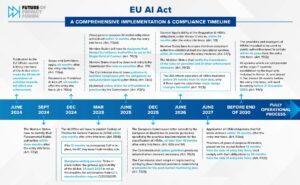Behavioral Economics
Michael Sanserino’s column on behavioral economics in yesterday’s Wall Street Journal is a timely reminder about the benefits and the risks of new kinds of personal data uses. Take the Sacramento Municipal Utility District which since April 2008, according to Sanserino, has sent monthly notices to 35,000 customers showing how their usage compares with their neighbors and with the area’s most-efficient customers:
“Customers who received the additional information cut their energy use by 2%, compared with a similar group of users who didn’t get comparison data.”
The behavioral economic theory which shows the powerful effect of information about others on influencing individual behavior is popular among many economists and in 2002, proponents Daniel Kahneman and Vernon Smith won the Nobel Prize for their work in this area. Encouraging people to conserve energy is clearly a societal good. But from a privacy perspective, the use of this type of data raises many questions. Will my usage be shared publicly? Will it be analyzed by marketers? Can it be used against me?
The same article cites a start-up company that has created a prescription drug container with lights that glow when it’s time for a pill, and a radio chip that transmits information about how often the medicine is taken. Again, great value in such data when used for the benefit of helping people manage their medications, and for the families or guardians of those helping support those in need of assistance.
But the new risks of potential misuse of this and similar technologies highlight the challenges and need for responsible practices raised as new data uses move from laboratories to living rooms.
In the Chinese language, the characters for “challenge” and “opportunity” are remarkably similar. As Sanserino’s article makes clear, business decisions are increasingly guided by principles involving shared information. That’s a great opportunity – but from a privacy perspective, it’s also a tremendous challenge.


